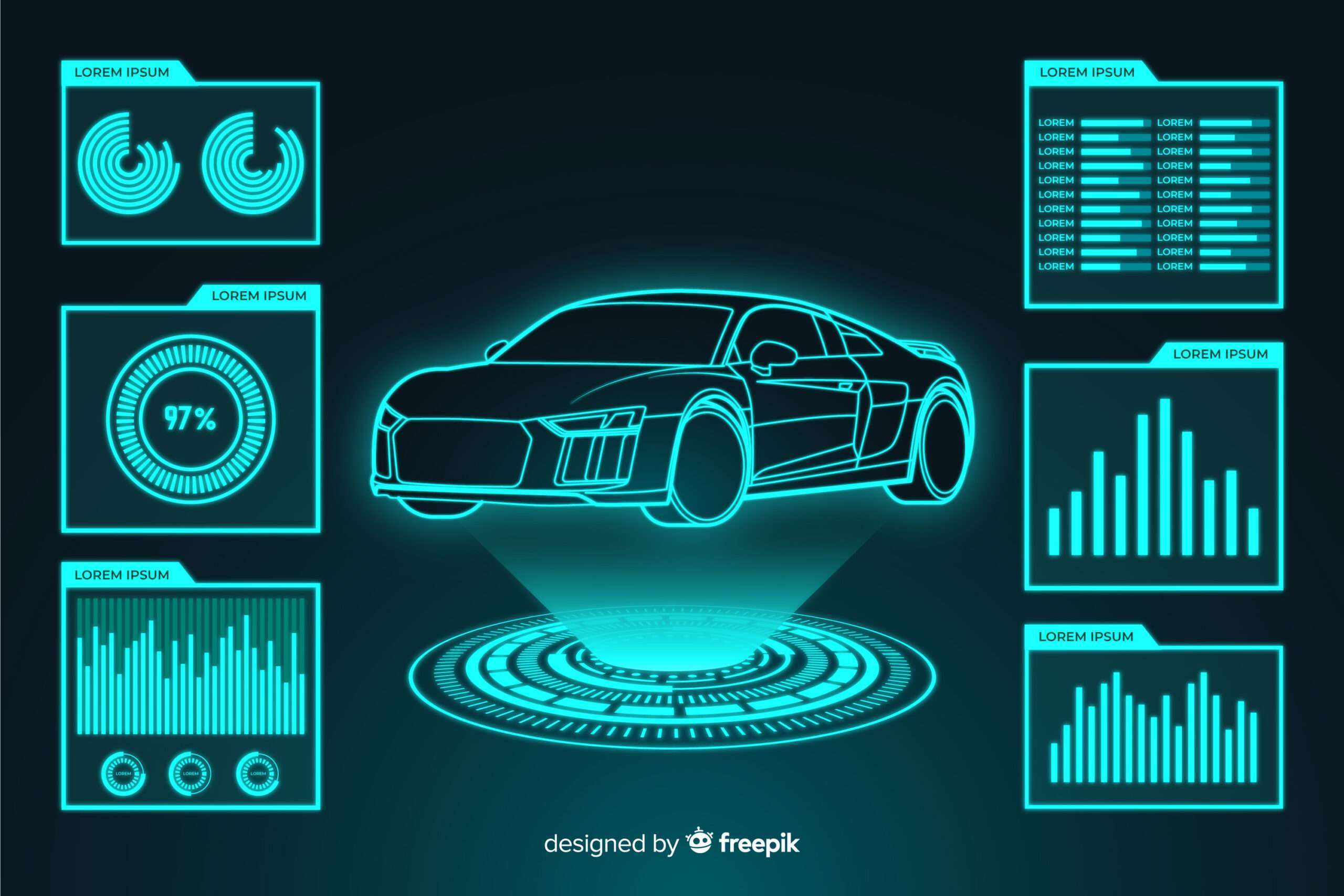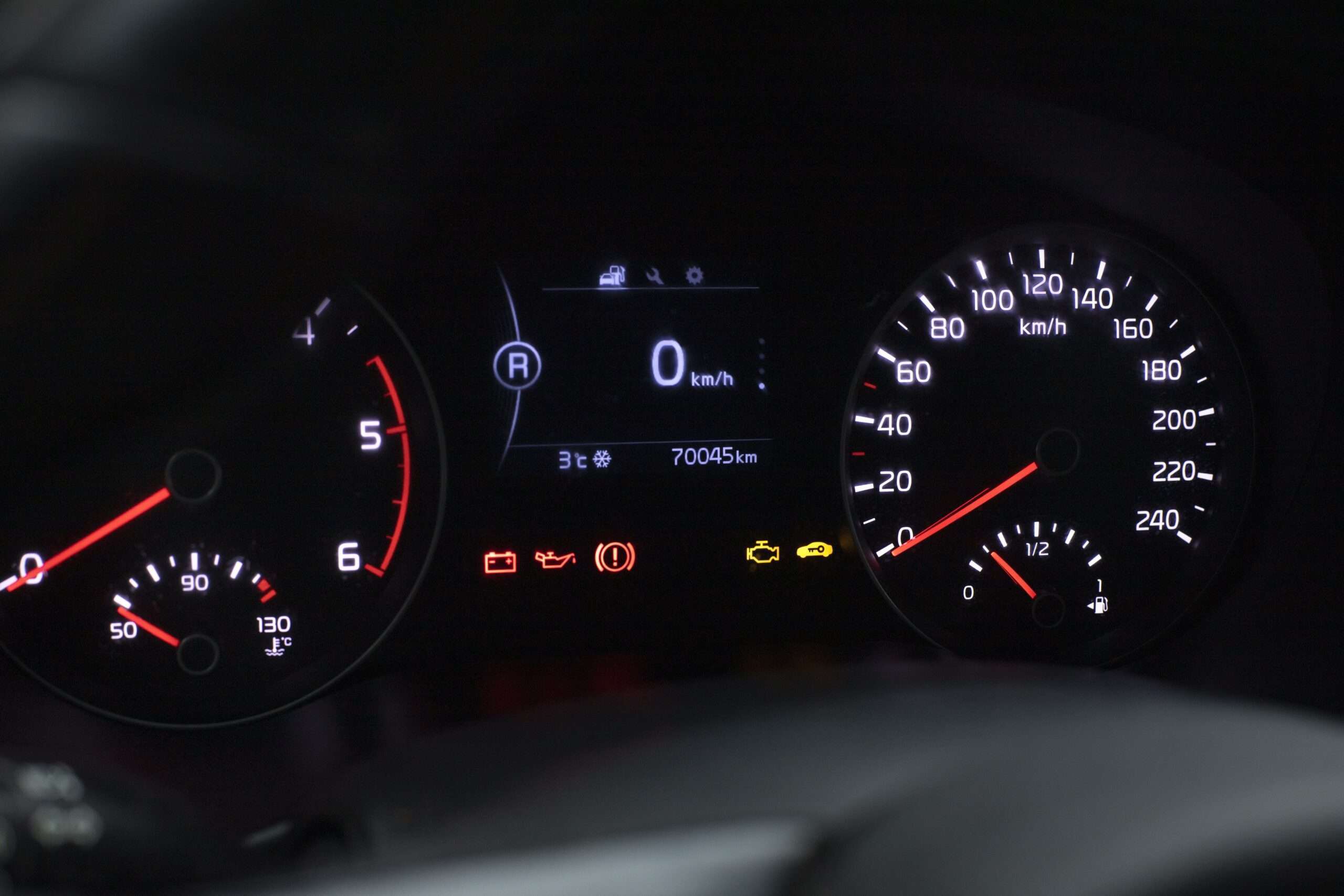Introduction
Artificial intelligence (AI) is reshaping industries worldwide, and the automotive sector is no exception. From self-driving cars to smart traffic management, AI has become an essential component in modern vehicles and transportation systems. AI-driven innovations are making cars safer, smarter, and more efficient, revolutionizing everything from manufacturing to driving experience.
With the rise of connected and autonomous vehicles, AI is at the heart of the automotive industry’s transformation. The integration of AI enhances vehicle performance, improves road safety, and optimizes operations for manufacturers and fleet owners. This article explores the various ways AI is shaping the automotive industry and what the future holds.
AI in Vehicle Manufacturing
The manufacturing process in the automotive industry has undergone a significant transformation with AI-powered automation. AI-driven robots and smart systems are making car production more efficient, cost-effective, and precise.
Automation in Car Production
AI-powered robots are revolutionizing car assembly lines. These robots handle tasks such as welding, painting, and assembling parts with unmatched accuracy. AI also helps in supply chain management by predicting demand and optimizing inventory.
AI-Powered Quality Control
AI-driven image recognition and machine learning algorithms detect defects in real-time during production. This ensures that faulty components are identified and replaced before they reach the market, reducing recalls and improving customer satisfaction.
Predictive Maintenance in Factories
AI analyzes equipment performance and predicts when machinery might fail. This proactive approach minimizes downtime and prevents costly disruptions in production.
Autonomous Vehicles: The Future of Driving
Self-driving cars are one of the most exciting developments in AI-driven automotive technology. Companies like Tesla, Waymo, and Uber are investing heavily in autonomous vehicle research.
Levels of Automation in Self-Driving Cars
Autonomous vehicles are classified into six levels, ranging from Level 0 (no automation) to Level 5 (full automation). While Level 2 and Level 3 vehicles are already on the roads with features like lane-keeping and self-parking, Level 5 fully autonomous cars are still in development.
AI Technologies Behind Autonomous Vehicles
AI technologies such as deep learning, computer vision, and sensor fusion allow autonomous vehicles to perceive their surroundings, make decisions, and navigate safely. Lidar, radar, and cameras work together to create a 360-degree view of the vehicle’s environment.
Challenges in Implementing Self-Driving Technology
Despite advancements, autonomous cars face challenges like unpredictable human behavior, regulatory issues, and ethical concerns. Ensuring safety in mixed-traffic conditions remains a significant hurdle for self-driving technology.
AI in Traffic Management and Safety
AI is not just transforming vehicles but also how traffic is managed to ensure smoother and safer transportation.
Smart Traffic Control Systems
AI-powered traffic signals analyze real-time traffic data to adjust signal timing and reduce congestion. These systems improve traffic flow, reduce travel time, and lower emissions.
AI-Powered Accident Prediction and Prevention
AI analyzes road conditions, driver behavior, and weather data to predict potential accidents. Alerts can be sent to drivers and authorities to take preventive measures.
AI-Driven Emergency Response Systems
AI assists in quicker emergency responses by analyzing accident reports and directing emergency services to the right locations. This reduces response time and saves lives.
Enhanced Driver Assistance Systems (ADAS)
AI has introduced various driver-assistance features that make driving safer and more comfortable.
Lane Departure Warnings
AI monitors lane markings and warns drivers if they unintentionally drift out of their lane. Some systems even provide corrective steering.
Adaptive Cruise Control
This system adjusts the vehicle’s speed based on traffic conditions, maintaining a safe distance from the car ahead.
Automatic Emergency Braking
AI detects obstacles and applies brakes automatically if the driver fails to react in time, preventing collisions.
AI in Vehicle Diagnostics and Maintenance
AI-powered diagnostics and predictive maintenance have revolutionized how cars are maintained and repaired.
Predictive Maintenance for Cars
AI analyzes vehicle data to predict when components like brakes, tires, and batteries will need replacement, preventing unexpected breakdowns.
AI-Driven Diagnostics Tools
Modern cars come equipped with AI-based diagnostics that provide instant feedback on engine performance, fuel efficiency, and emissions.
Real-Time Vehicle Monitoring
Fleet operators use AI to monitor vehicle health, ensuring timely maintenance and reducing operational costs.
AI-Powered In-Car Assistants
AI has brought intelligent virtual assistants into vehicles, making driving more interactive and convenient.
Virtual Assistants in Vehicles
AI-powered assistants like Apple CarPlay, Google Assistant, and Amazon Alexa integrate with car systems to provide hands-free navigation, entertainment, and communication.
AI-Driven Voice Recognition
AI enhances voice recognition, allowing drivers to control car functions like adjusting the temperature, playing music, or making calls without distraction.
Personalized Driving Experience
AI analyzes driver preferences, adjusting seat positions, climate settings, and driving modes to create a customized experience.
AI in Car Design and Development
AI is reshaping the way cars are designed, making the process more efficient and innovative.
Generative Design in Automobile Engineering
AI algorithms analyze vast amounts of design possibilities, optimizing vehicle structures for weight reduction and improved aerodynamics.
AI-Powered Crash Simulations
AI simulates crash scenarios, testing vehicle safety before manufacturing, reducing costs, and enhancing road safety.
Efficiency Improvements in Design
AI assists in designing energy-efficient components, improving overall vehicle performance and sustainability.
AI in Fleet Management
AI has transformed fleet management, helping businesses reduce costs and improve efficiency.
Optimizing Delivery Routes
AI analyzes real-time traffic conditions and weather data to optimize routes, reducing fuel consumption and delivery time.
AI-Powered Fuel Efficiency Monitoring
AI tracks vehicle fuel usage, identifying patterns that can help reduce operational costs and carbon emissions.
Predictive Analytics for Vehicle Lifespan
AI predicts wear and tear on fleet vehicles, ensuring timely maintenance and extending their lifespan.
The Role of AI in Electric and Smart Vehicles
AI is playing a crucial role in the development of electric and smart vehicles, making them more efficient and user-friendly.
AI Integration in Electric Vehicle Performance
AI optimizes power distribution, improving battery efficiency and extending the driving range of electric vehicles (EVs).
Smart Charging Solutions
AI helps EV owners find the nearest charging stations and schedule optimal charging times based on electricity rates.
AI-Enhanced Battery Management Systems
AI monitors battery health, predicting potential failures and extending battery life.
AI and Cybersecurity in Connected Cars
With cars becoming more connected, AI is essential in ensuring cybersecurity.
AI-Powered Threat Detection
AI identifies cybersecurity threats, preventing hacking attempts and protecting vehicle systems.
Protecting Vehicle-to-Vehicle Communication
AI secures data exchanges between smart vehicles, preventing unauthorized access.
Data Privacy Concerns in Smart Vehicles
AI ensures that personal data collected by smart cars is securely stored and used responsibly.
AI in Automotive Marketing and Sales
AI is revolutionizing the way vehicles are marketed and sold.
AI-Driven Customer Insights
AI analyzes consumer behavior, helping car manufacturers personalize marketing strategies.
Personalized Car-Buying Experiences
AI-powered chatbots and virtual assistants provide tailored recommendations based on customer preferences.
AI-Powered Virtual Showrooms
Customers can explore and customize vehicles online through AI-driven virtual showrooms, enhancing the buying experience.
The Economic Impact of AI in the Automotive Industry
AI is reshaping the industry’s financial landscape, influencing costs, jobs, and market growth.
Cost Reduction in Production
AI-driven automation reduces labor costs and increases production efficiency.
Job Creation and Job Displacement
While AI creates new tech-related jobs, it also leads to job displacement in traditional manufacturing roles.
AI’s Role in Boosting Industry Growth
AI innovation drives investment and growth in the automotive sector, enhancing competitiveness.
Challenges and Ethical Concerns of AI in the Automotive Industry
Despite its advantages, AI in the automotive industry presents challenges and ethical dilemmas.
Ethical Considerations in Autonomous Driving
AI must make ethical decisions in critical situations, raising concerns about accountability in accidents.
AI Bias in Vehicle Decision-Making
AI systems must be trained on diverse datasets to prevent bias in autonomous vehicle decisions.
Regulatory Challenges and Legal Frameworks
Governments worldwide are working on policies to regulate AI-driven vehicles and ensure safety.
Future of AI in the Automotive Industry
AI’s role in the automotive industry is only expected to grow, bringing exciting innovations.
Advancements in AI-Driven Mobility
AI will continue to enhance autonomous driving, traffic management, and vehicle efficiency.
AI’s Role in Next-Generation Transportation
AI-powered solutions like hyperloop transport and drone taxis could redefine mobility.
Predictions for the Future of AI in Automotive Technology
The future of AI in the automotive industry will see increased automation, improved safety, and greater sustainability.
Conclusion
Artificial intelligence is transforming the automotive industry at every level, from manufacturing and design to driving experience and safety. AI-powered autonomous vehicles, predictive maintenance, smart traffic management, and in-car assistants are just a few examples of how AI is revolutionizing the sector.
While challenges such as ethical dilemmas and regulatory concerns remain, AI continues to push the boundaries of what’s possible in transportation. The future of AI in the automotive industry is promising, with innovations that will make vehicles safer, more efficient, and more intelligent than ever before.
FAQs
1. How does AI improve vehicle safety?
AI enhances safety through driver-assistance systems, accident prediction, and real-time traffic monitoring, reducing the risk of accidents.
2. What are the main challenges in implementing AI in the automotive industry?
Challenges include regulatory hurdles, ethical concerns in autonomous driving, and the need for extensive testing to ensure reliability.
3. How does AI contribute to electric vehicle performance?
AI optimizes battery usage, charging efficiency, and power distribution, making electric vehicles more energy-efficient.
4. Can AI completely replace human drivers?
While AI-powered self-driving cars are advancing, human drivers are still needed for unpredictable scenarios and complex driving conditions.
5. How will AI shape the future of car manufacturing?
AI will continue to drive automation, improve quality control, and reduce production costs, making car manufacturing more efficient.














